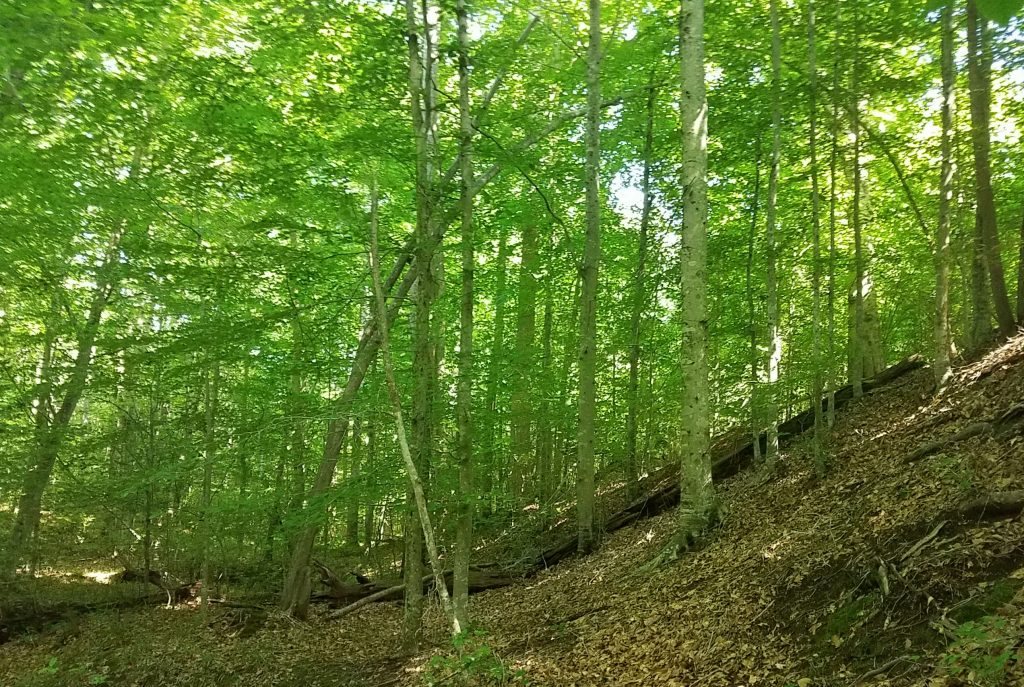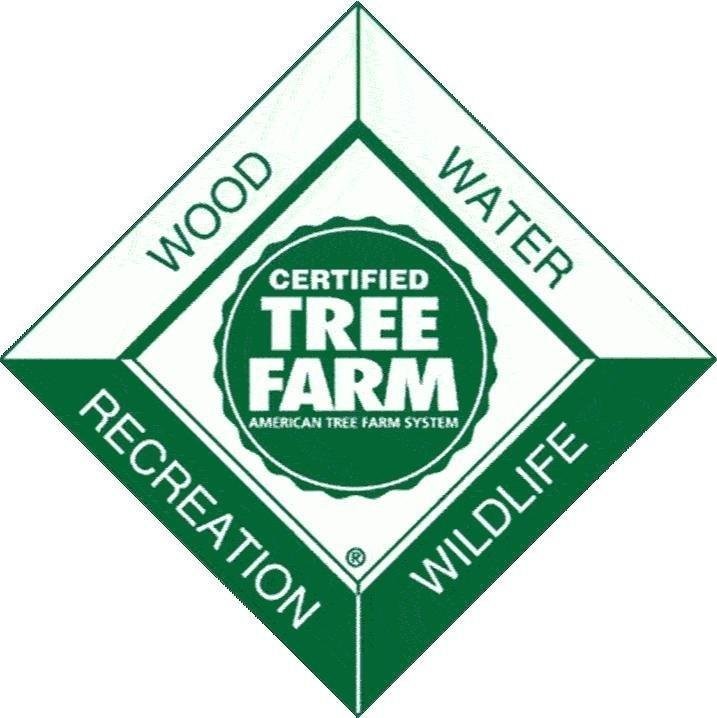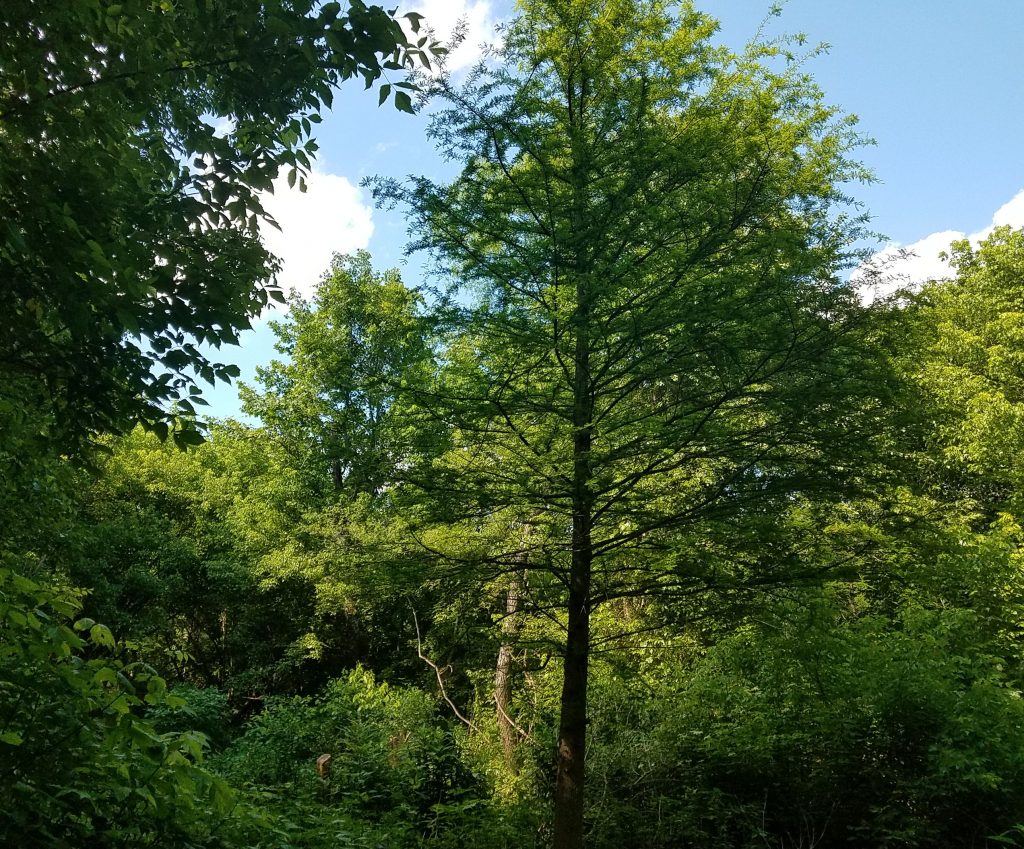
The American Tree Farm System (ATFS) assessed our Virginia program this year. I got to go along with the assessor. We visited a random sample of twenty-one tree farms all around the Commonwealth, covering 1,195 miles. It was fun and enlightening to see so much of Virginia and meet such great people.

What does it mean to be a tree farmer and a conservationist? I have studied this and have been repeatedly drawn to the ideas of Aldo Leopold on a land ethic. I expect you all can read his work. One thing that really stuck with me was when Leopold wrote, “nothing so important as an ethic is ever ‘written.’” It evolves through interactions with the land. It is written on our hearts and manifest on the land we love. From this I took my instruction. I looked and listened for a land ethic when visiting Virginia tree farms and talking to tree farmers.
I found approaches as diverse as our tree farmers and our Virginia environment, evolving and adapting, changing details and tactics with the times, but always with the core of protecting water and soil, enhancing and improving the health of the biotic communities, while producing wood and forest products for the market. We own lots of things in our lives, but we form special bonds with land; it is our connection to the earth, our promise for the future and joy for today. There is no surprise that people have deep feelings for land that has been inherited their families for generations, but it is astonishing how fast the same connections develop with newly adopted land.
A competent tree farmer makes a reasonably profit. Profit is the price of sustainability in the human world, but profit is nobody’s primary motive
Our tree farms are interwoven in human and the natural environments. Both are complex, and their interactions add another layer of complexity. This makes it more challenging and very much more interesting to be a tree farmer. A competent tree farmer makes a reasonably profit. Profit is the price of sustainability in the human world, but profit is nobody’s primary motive. I met tree farmers who owned the land to improve wildlife habitat and others who wanted it as a home. Some revered family traditions on the land going back centuries; others were new owners. All follow a holistic approach, with active and adaptive management. Diverse goals are not as much prioritized as melded. There is no clear answer to the question, “What is your top priority?” without the context of “In relation to what?” The whole is more than the sum of the parts.
We seek not to mimic nature or “preserve” it motionless but understand and use nature’s principles – energetically and regeneratively
With the caveat that I am summing up in writing what we said cannot adequately be written, tree farmers share a land ethic that knows that trees are more than wood and forests are more than trees. Our stewardship recognizes the past and anticipates the future with adaptive plans and iterative decision making. We seek not to mimic nature or “preserve” it motionless but understand and use nature’s principles – energetically and regeneratively. Forests forever. We respect the biotic and human communities that influence and depend on our land. We are conservationists, caring for the health of our land and its biotic communities while celebrating human use of our land’s resources. We grow trees in sustainable forests for sustainable uses. The wood buildings where we live remain part of our forest’s lifecycle; the clean water we drink is a forest product. All are threads in the big tapestry, so intertwined that they cannot be separated.
A Sand County Almanac
Notes on Aldo Leopold’s Land Ethic

